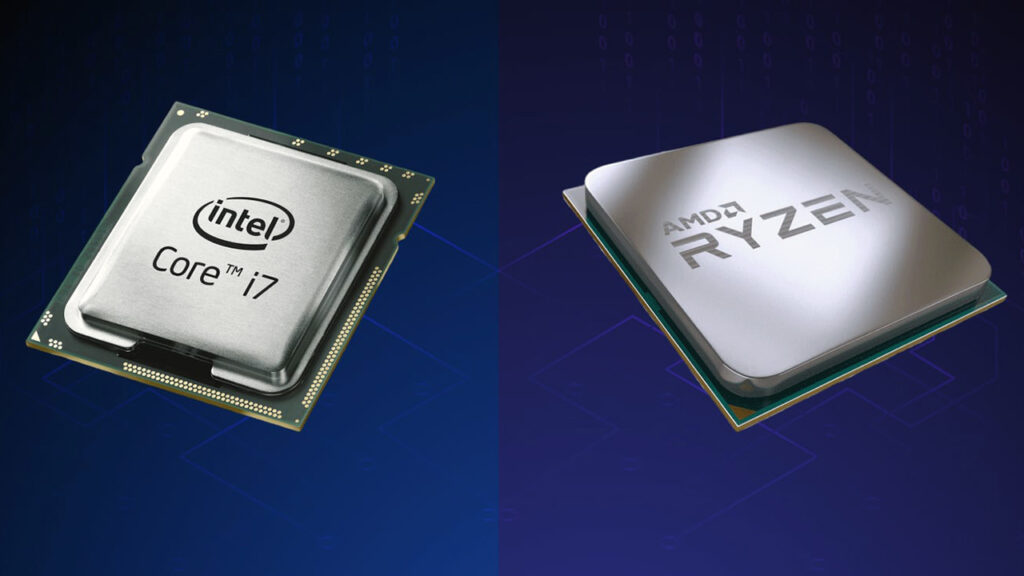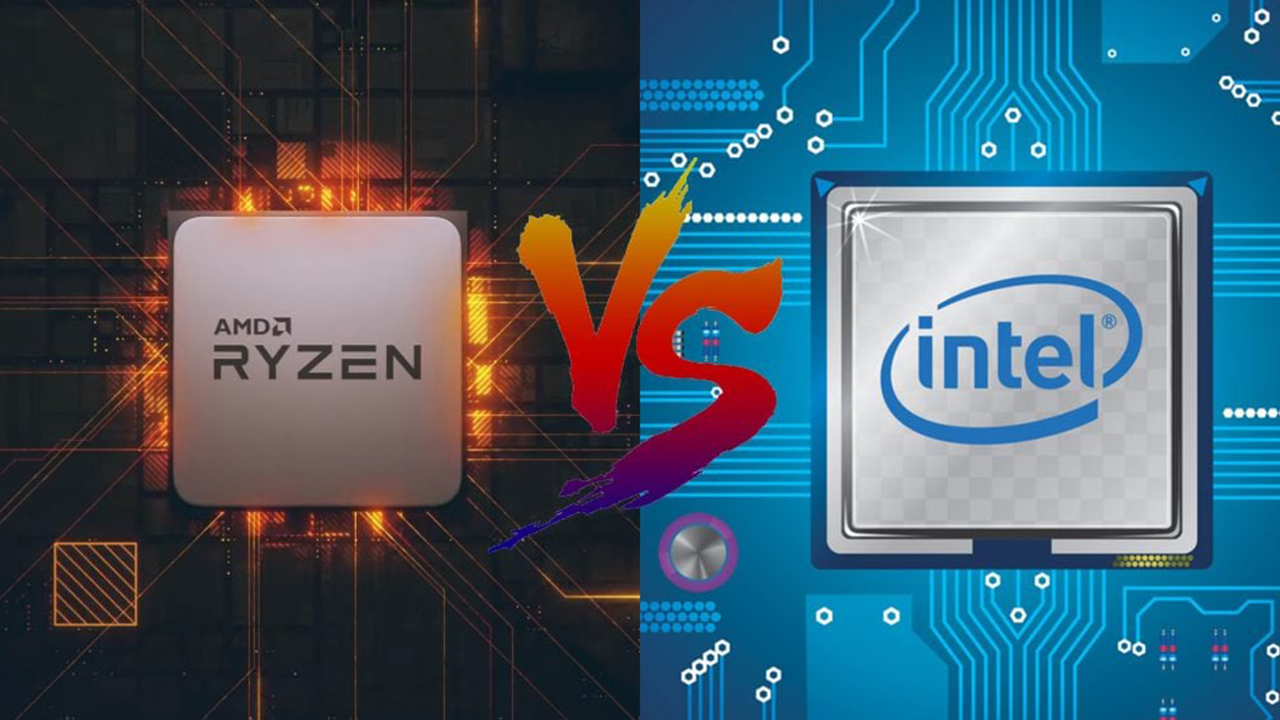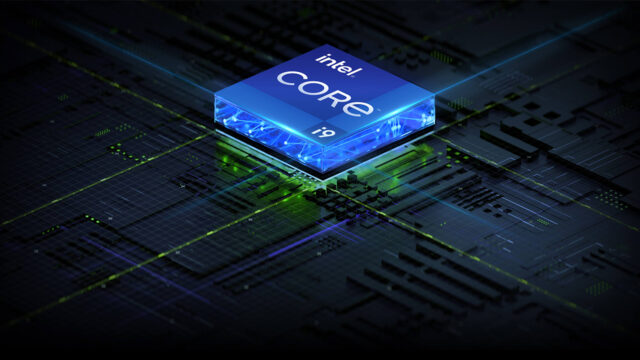Intel’s dominance in the processor market is being shaken. AMD is making great progress, especially in the notebook processor market, and is rapidly increasing its market share. In the third quarter of 2024, AMD’s market share reached almost 22%, while Intel’s market share fell by 20%. This could herald a major shift in the world of processors.
AMD is on the rise and taking a bigger slice of the market share from the declining Intel
According to Stocklytics.com, AMD’s share of the global processor market reached 21.7% in the third quarter of 2024. This is a big jump from AMD’s 8% market share from the third quarter of 2016 to the second quarter of 2019. Intel’s market share fell from 91% to 71.9% over the same period, marking a significant decline.

In the first quarter of 2024, Intel’s market share was 77.3%, while AMD’s share was 20.4%. Since then, AMD has increased its market share by 1.3%, while Intel’s share has decreased by 5.4%. According to Stocklytics financial analyst Edith Reads, Intel’s production delays have led AMD to capture Intel’s market.
Production issues and future plans
Manufacturing difficulties with Intel’s 10-nanometer node process have played a major role in the company’s declining market share. To solve this problem, Intel plans to use TSMC’s advanced 3nm process for its upcoming Lunar Lake laptop processors. This technology will also be used in AMD’s new laptop chips.
In addition, Intel will launch the Intel 20A node for Arrow Lake desktop processors this year and the Intel 18A node next year. These innovations have the potential to compete with TSMC’s technologies. Panther Lake processors, scheduled for release in 2025, will also use Intel 18A nodes.
Stability issues and user feedback
Recently, it was reported that stability issues with Intel’s Raptor Lake processors are spreading to laptops. These problems are manifested as crashes and performance drops in games and intensive applications on the 13th and 14th generation CPUs.
Intel stated that there are a limited number of stability reports on 13th and 14th generation mobile processors and that the problems on desktop versions do not affect mobile processors. Users experiencing problems were advised to contact their system manufacturers.














